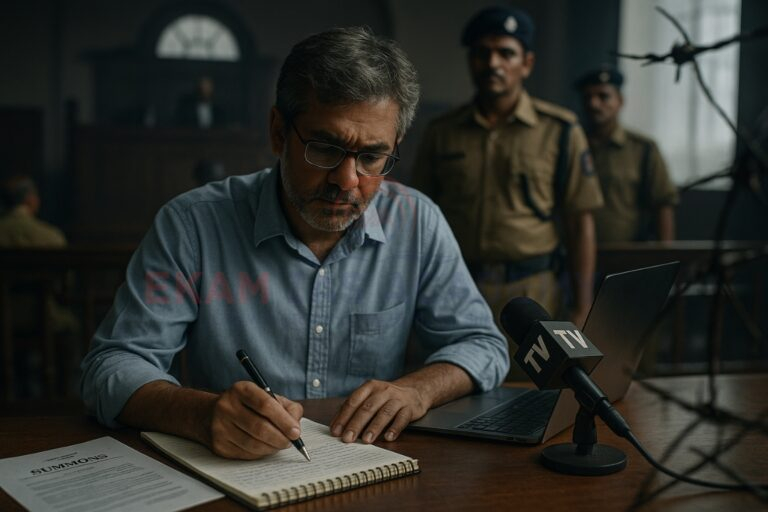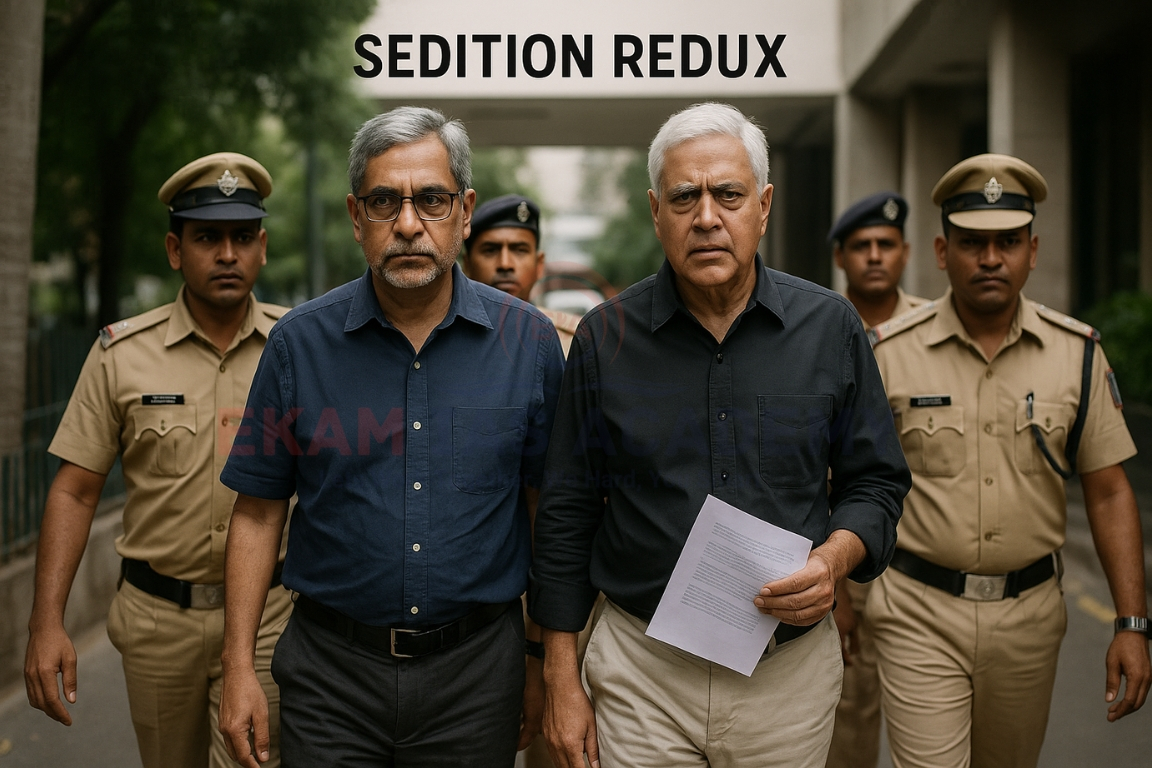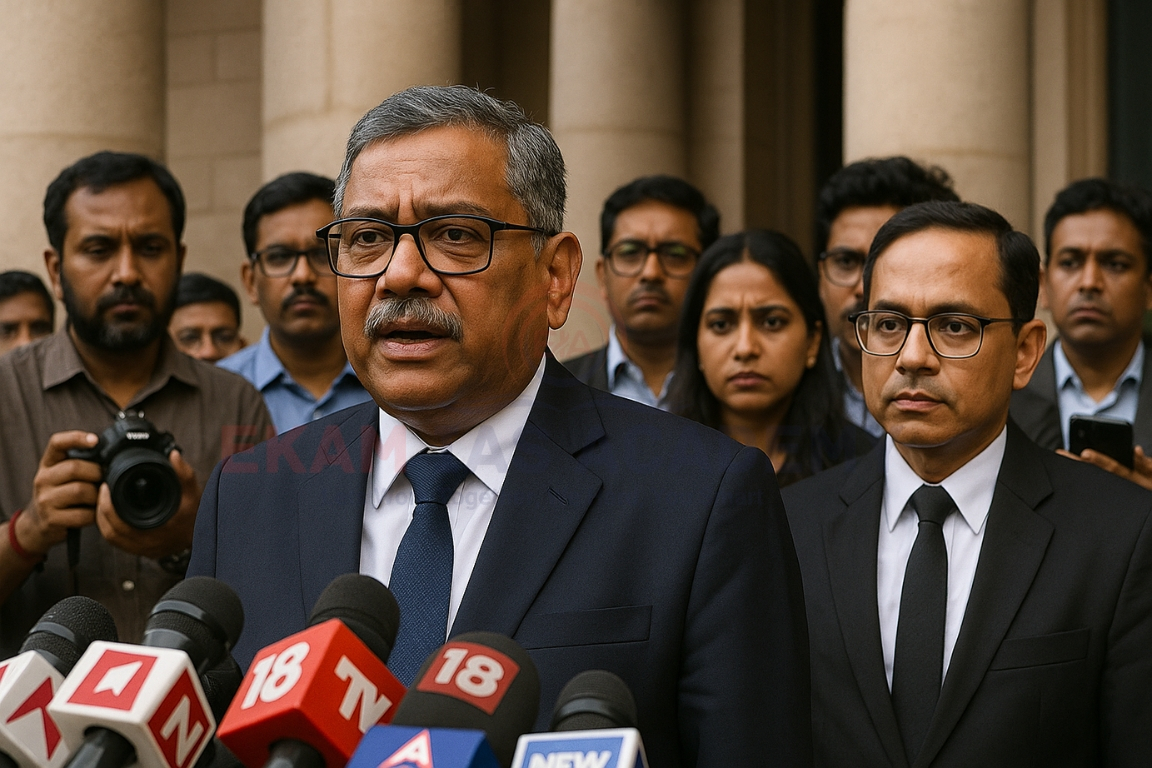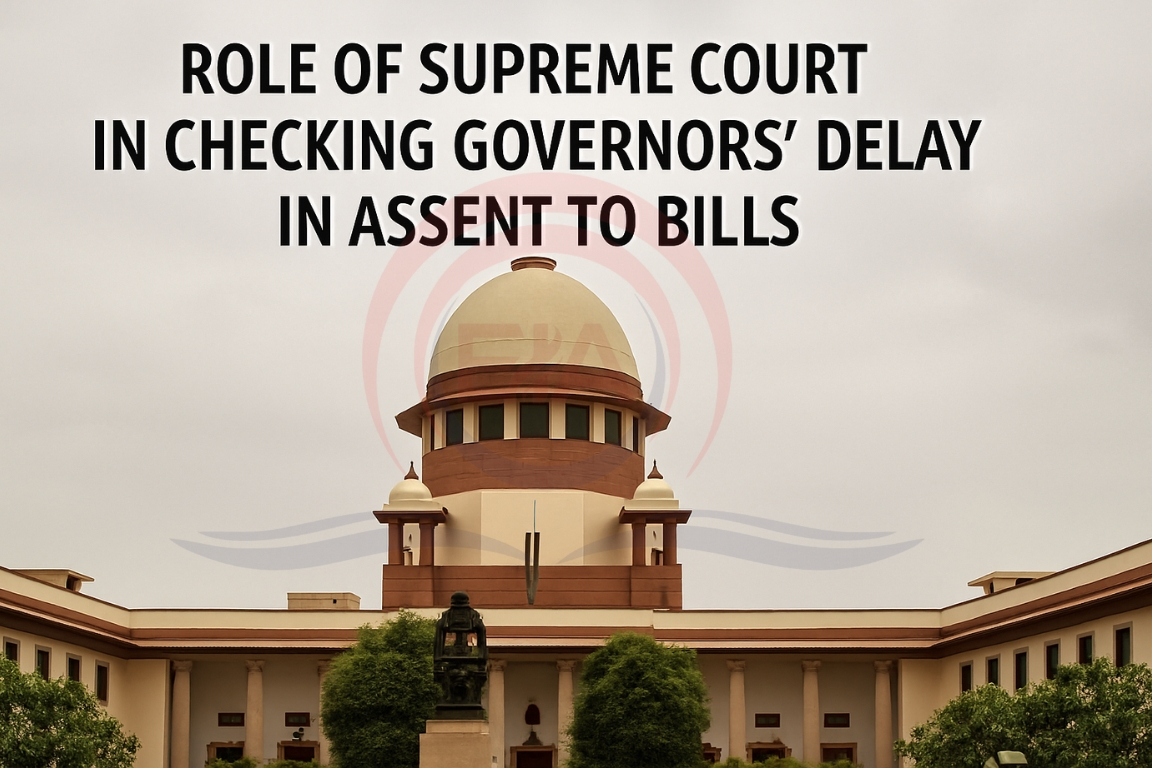The Assam Police recently summoned journalists Siddharth Varadarajan and Karan Thapar of The Wire under Section 152 of the Bharatiya Nyaya Sanhita (BNS), even as the Supreme Court is hearing petitions challenging the law’s constitutionality. This has revived concerns about misuse of sedition provisions against free speech and press freedom.
Background
- The colonial-era sedition law (Section 124A, IPC) was kept in abeyance by the Supreme Court in 2022.
- The new Section 152 of BNS has replaced it but is criticized as being broader and harsher.
- Critics argue that instead of reform, the law has created more space for arbitrary action.
Issues with Recent Action
- Journalists were summoned without proper details like FIR date, copy of FIR, or description of offence, violating legal requirements.
- The summons reportedly related to The Wire’s coverage of Operation Sindoor, raising suspicion of targeted intimidation.
- Issuing summons the same day when the Supreme Court protected them from coercive action shows defiance of judicial authority.
- Secretive FIRs and vague notices highlight police overreach and harassment.

Problems with Section 152 (New Sedition Law)
- Broader Scope: The law criminalizes acts “endangering sovereignty, unity, and integrity of India”. The vague terms give wide powers to authorities to interpret even criticism as a threat.
- Lower Bar for Prosecution: Earlier sedition law required clear intent to incite violence or disaffection. Now, even “knowingly” publishing or saying something could attract charges, regardless of intent.
- Impact on Free Speech: Journalists, activists, and critics of government policies are at risk of being silenced. Creates a chilling effect where people avoid speaking freely.
Judicial Concerns
- The Supreme Court has agreed to review the constitutional validity of Section 152.
- It has offered interim protection to journalists, recognizing the risk of misuse.
- However, the Assam Police’s actions show that judicial safeguards alone may not be enough without stricter oversight.
Way Forward
- India must ensure laws clearly define offences and protect space for dissent.
- Sedition-like provisions need to be reviewed against democratic values and constitutional rights.
- Stronger judicial checks and political accountability are essential to prevent weaponisation of such laws.
Conclusion:
Section 152, instead of reforming sedition law, appears to widen the scope for criminalizing free speech. Unless struck down or amended with strong safeguards, it risks undermining India’s democratic ethos.





